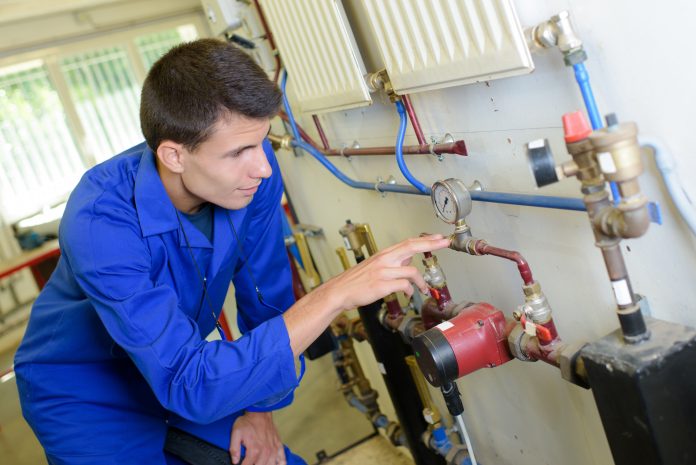Plumbing problems are inescapable universal inconveniences. Every homeowner eventually experiences them. When they happen, they are usually accompanied by unbidden repair costs. While you can’t completely prevent your plumbing system from developing defects, you can minimise your chances of having to contend with plumbing problems by routinely maintaining your plumbing system.
Here are six DIY ways you can do that:
- Don’t Throw Things Down Your Drain
Throwing things down the drain is a habitual problem. If you have kids at home, this only gets worse, as children are fond of playing in the toilet and throwing things down the pan. This can easily lead to a clog in your drain.
To avoid this, educate your children on the importance of not throwing things down the drain. Then avoid putting paper, condoms, or tissue paper in the toilet. Scrape away leftovers from plates after eating and pour them in the garbage can- not in your sink.
- Procure a Drain Screen
Drain screens are cheap and you can get them from your local hardware store. They are usually made of plastic or metal. They also come in various types and shapes. There are ones for kitchen sinks, and there are ones for bathtubs and toilet drains. Get one (a matching drain screen) for each drain inlet in your home. This will help prevent hair, food particles, paste caps, and other small items from entering your drain.
- Avoid Pouring Oily Wastes in Your Drain
This includes oily waste water from the kitchen and washing your hair in the drain. When grease cools, it tends to harden, and the more of it you pour down your drain, the more it amasses in your pipework. With time, this can lead to your drain getting clogged.
To avoid this, find another means of disposing oily wastes. Just don’t pour them inside your drain.
- Treat Your Drain with Baking Soda Every Month
Many people make the mistake of using corrosive chemicals to flush away the debris or grease in their drains. The problem is that while those chemicals can clear your drain, they can corrode and weaken your pipes.
Therefore, why not use baking soda instead to wash your drain every month? It’s cheap and poses no threat to your drain. Simply pour about 60ml of baking soda into your sink, and then a little warm water to get the soda into the drain. Then pour in some white vinegar (about 240ml) and wait a few hours so that the mixture can dissolve any build-up in the drain. After that, flush your drain with hot water.
- Don’t Force the Faucets
Your faucets are delicate. So, avoid turning them with force or trying to tighten them further when the water has already stopped running. You would only damage them or wear them out.
- Drain Your Water Heater Yearly
This is essential to avoid the build-up of debris, especially from hard water- which can make your heater malfunction anytime. Keep your heater manual beside you for reference. Then turn off water supply to the heater, followed by the power supply. Then let the water in your heater cool down. You might want to leave it overnight to cool.
Next, connect one end of a hose to your water heater’s drain valve and take the other end outside or channel it into a big basin. Turn on any nearby hot water tap to reduce pressure before opening the drain valve.
Once the drain valve is open, water will flow from the heater tank to the other end of the hose. This may take some time. Therefore, exercise some patience. As soon as the tank is empty, turn the water supply to your water heater back on. The valve should remain open throughout this time. The incoming water will then flush any sediments in the tank out through the valve.
Once the water coming out of the hose outlet becomes clear, remove the hose from the valve, close the valve, and refill your water heater tank. After refilling, turn on the power. Do this once a year to keep your heater functioning efficiently.
When you take proper care of your plumbing system, you don’t only spare yourself frustrating inconveniences that come with plumbing problems, but also save money that would have gone into repairs in the future. Plus, your plumbing system will last longer.





















